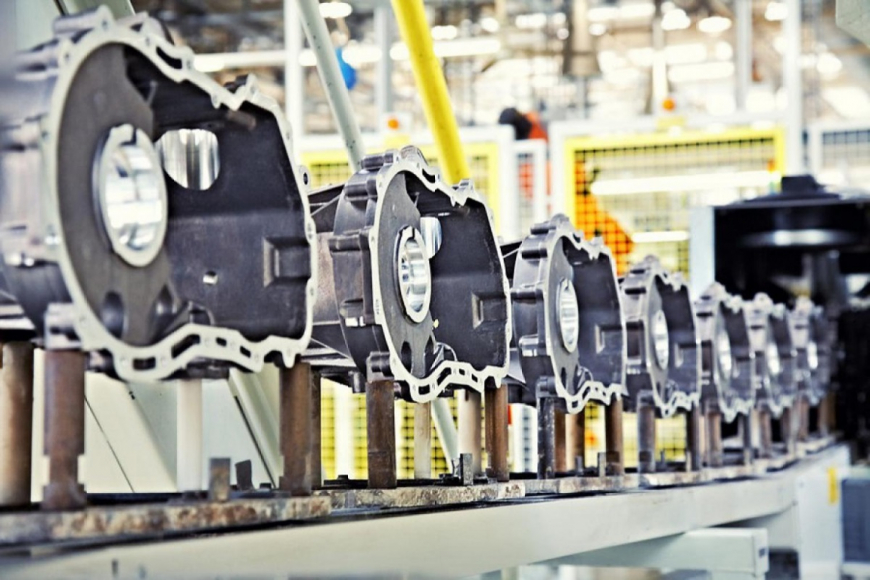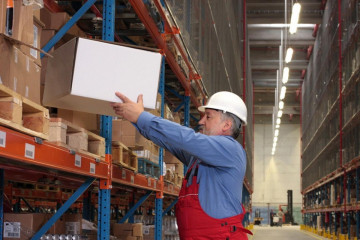Sustainability in many automotive supplier companies has grown from a footnote or an appendix in an annual report to a fully developed, comprehensive strategy that drives meaningful business optimization and competitive advantage. The next generation of sustainability initiatives will likely contain increased focus on a vital area – the demands of The Customer.
The automotive segment has long been a leader in driving environmental management and standardization, beginning with widespread adoption of ISO 14001 in the late 1990s. Over the years, this has increasingly extended beyond operational boundaries in engaging the broader supply chain.
Leading the Charge
For instance, several leading OEMs collaborate within the Automotive Industry Action Group (AIAG), led by Chrysler, Ford, and General Motors, Toyota, Honda and Nissan, as well as many of their part suppliers and services providers. AIAG has developed solutions including a Sustainability Self-Assessment Questionnaire focused on improving global working conditions and environmental sustainability, to increasing transparency and respect for human rights in the supply chain. AIAG’s works is driven by a set of Automotive Industry Guiding Principles to Enhance Sustainability Performance in the Supply Chain. Similarly, the European Automotive Working Group on Supply Chain Sustainability has developed a robust suite of guidance materials and tools.
Increasing supply chain sustainability expectations are also prevalent within other sectors such as consumer products, restaurant chains, and food and beverage. Much of this progress was catalyzed by the world’s largest retailer, Walmart, who launched a Sustainability Scorecard in 2012 for their vendors and suppliers, helping to drive a broad population of companies towards specific targets and initiatives in sustainability. Reporting frameworks such as CDP, Dow Jones Sustainability Index (DJSI), and Sustainalytics have furthered annual disclosure expectations specific to carbon/GHG and water management.
What's Next?
A next generation of customer-driven sustainability expectations is gaining momentum in the auto industry. The overarching theme is a transition from reporting numbers (e.g., GHG emissions, water use, and wastewater discharge) to more comprehensively describing how company-specific risks and opportunities are effectively managed. This is a layer of insight and requested detail that some suppliers may not be fully prepared for.
Every OEM includes sustainability as part of their supplier scorecards already. But a growing number of OEMs have taken the next step of ‘red-lighting’ suppliers, or limiting their opportunity, based on performance in waste management, water, energy, health and safety, and other sustainability related performance metrics. One OEM provided a preview in this year’s supplier agreements of what suppliers can expect at the next renewal. Performance standards and compliance levels across a comprehensive set of sustainability dimensions are clearly spelled out in the Supplier Scorecard.
A Sustainable Future
The ultimate objective is not a pass/fail process, but a heightened level of engagement between OEMs and suppliers to reduce sustainability-related risks, save resources, and increase business continuity in an increasingly competitive market. A business-first approach to sustainability, one that is focused on optimizing business value with every decision and investment, is what will distinguish leaders.
Learn more about Antea Group's sustainability consulting services.
Want more news and insights like this?
Sign up for our monthly e-newsletter, The New Leaf. Our goal is to keep you updated, educated and even a bit entertained as it relates to all things EHS and sustainability.
Get e-NewsletterHave any questions?
Contact us to discuss your environment, health, safety and sustainability needs today.





